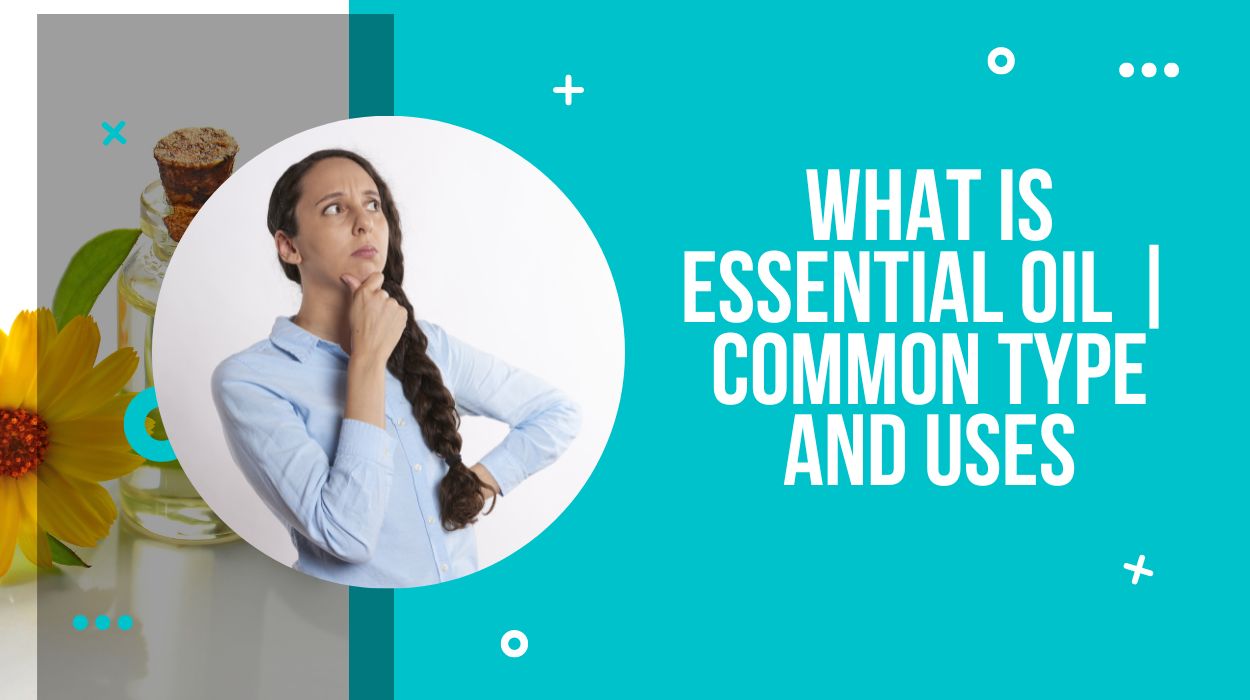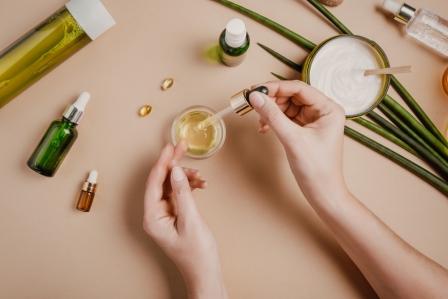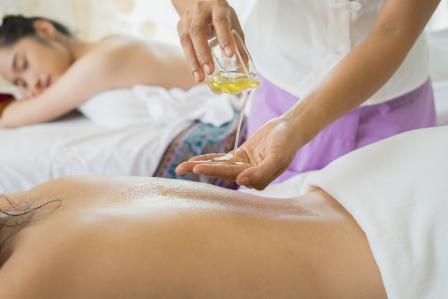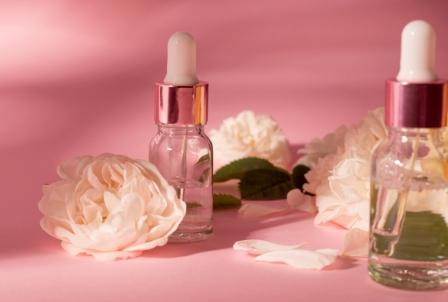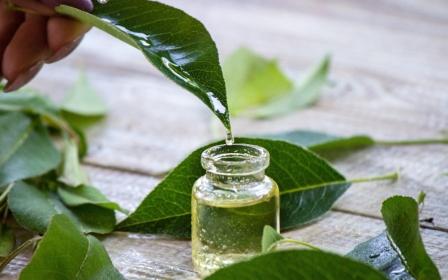Essential oils are chemical compounds extracted from potentially beneficial plants. In such extraction, the plant’s ‘essence’ is captured. Hence, the name.
With the increase in popularity of essential oils, you too might have at a point of time thought about the best essential oils for yourself. This question is often confusing and requires some research before you can know for sure.
This guide on essential oils will guide you through the process of knowing more about essential oils, their uses, types, etc. We have also listed some of the most popular essential oils, and their advantages so that you can choose a suitable one for yourself.
Essential Oils For Dummies:
Uses of Essential Oils
Essential oils have come to be associated with a lot of uses. Some of these include:
- Aromatherapy
- Beauty Regimen
- Topical uses (like massage)
- Used as a component in perfumes, body washes, creams, etc.
Aromatherapy
Aromatherapy is the process of cleansing your mind and body and stimulating your senses with the use of essential oils. In this process, the scent of the essential oils is said to be useful when inhaled.
And like it or not, all of us have indulged in minor forms of aromatherapy throughout our lives. For example, you must have inhaled mentholated vapor rub to clear your sinus at least once in your life. That too, is a form of aromatherapy. A 2013 study suggests that inhaling menthol in small quantities can help fight shortness of breath.
Beauty Regimens
Essential oils are very useful in skincare routines and beauty regimens. A lot of beauty products and cosmetic include essential oils as a component. The toners that we see in the markets today also include essential oils amongst other things.
Essential oils have been shown to be beneficial to the skin. All the essential oils that we have listed below for your reference have skincare advantages. Do check them out and see if there are any particular ones that can contribute to your skincare routines.
Topical Uses (Massage)
Apart from inhalation, another use of essential oils is massaging. Lighter ‘carrier’ oils, such as coconut and argon oil, dilute essential oils and make them suitable for massages. Essential oils can be good for your skin and can benefit you in a lot of ways. Read more to find out the different advantages different essential oils can give to your skin.
Note of caution –
1. There are various safety guidelines regarding the usage of essential oils. Casual, untrained use of essential oils is not advisable.
Kindly refer to the ‘Safe Usage Guidelines’ in the article to learn more.
2. Essential oils are still a subject of study. There are claims that they can treat a few medical conditions. However, there is no concrete evidence that suggests the same. It is advisable to disbelieve any medical uses attributed to essential oils.
Types of Essential Oils (You’d be surprised)
There are not ten, not twenty, but more than 90 types of essential oils. And every single one of them is unique and has different characteristics. Marvellous, right?
And with such variety, it becomes pertinent to choose an oil that suits your body the best. Considering the different advantages of every essential oil, it is upon you to know the uses of various essential oils. This can help you decide what suits you.
For your reference, some of the oils, their advantages, and possible side effects have been listed below.
Lavender Essential Oil
Lavender is one of the most popular oils that comes with a subtle, floral scent. It induces a sense of relaxation and helps people sleep. Breathing in lavender can also alleviate headaches. The use of lavender on the skin helps in reducing itching and swelling from bug bites if any.
When it comes to skincare, lavender can be effective against acne. It helps in reducing redness and keeps the face oil-free. Mix two drops of lavender oil with one teaspoon of witch hazel. Congratulations! You have a natural toner at your disposal. Lavender also works on dandruff and improves circulation in the scalp region.
Now you know what you need to do if the bed bugs in your hotel room cause itching or swelling on your body.
Side effects –Lavender comes with a few minor side effects. It can induce vomiting, nausea, and even headaches. It is surprising considering it is supposed to cure headaches and not cause them.
Rose Essential Oil
Unlike Lavender, Rose comes with a strong floral scent that can help reduce general anxiety when inhaled. Rose is another oil with antioxidant properties that can help in the removal of acne. Rose is said to have anti-inflammatory benefits as well.
However, that is debatable. And no, we wouldn’t recommend you to try and find out for yourself.
Side Effects can include skin irritation majorly.
Ylang Ylang Essential Oil
The aroma of this oil is a blend of sweet and spicy. It reportedly helps in relaxation and has been said to aid self-esteem. Another benefit associated with Ylang Ylang is that it acts as an insect repellent.
So now you have an oil that can repel bed bugs. And if not, you have another one that can reduce the irritation from the bites. Our advice would be to keep away from bed bugs anyway. Haha!
Often found in cosmetic products, Ylang Ylang is used majorly in perfumes. It also has anti-aging properties. It is a skin cell regenerator that works on fine lines and the elasticity of the skin.
Side effects may include skin irritation when applied topically. Another side effect of this oil may be dermatitis.
Frankincense Essential Oil
Have a toothache you can’t shake off? Use this oil. It comes with a lot of benefits and is probably one of the safest oils on this list. It has digestive, disinfectant, and antiseptic properties and works in cavities and mouth sores.
When it comes to skincare, frankincense works like an anti-aging cream. It lifts and tightens the skin and delays the appearance of fine lines and wrinkles.
What sets this oil apart from the others is that it has no side effects. That’s right! Apart from minor skin irritation in a handful of cases, this oil has shown no side effects in its usage.
Tea Tree Essential Oil
The list of benefits of this oil goes on and on. Hand sanitizer, insect repellent, mouthwash, antiseptic, you name it! This oil delivers. It can kill germs responsible for illnesses like cold and fever. It can also fight bacteria that cause body odor.
A combination of tea tree and coconut oil can act as an antiseptic for minor cuts and abrasions. Its antifungal properties can help treat athlete’s foot.
When it comes to cosmetics, this oil can fight dandruff and is an active shampoo component. It can also serve as a natural deodorant.
Possible side effects include itching or burning sensation in the skin.
Choosing The Right Oil
Take note of the following factors while selecting the essential oils for yourself.
Purity –
A lot of oils contain additives or other synthetic mixtures. If you wish to go for the best option, select the one which seems to be the purest. Products with their scientific names are a safe bet.
Extraction process –
While distillation and cold pressing are favorable, some manufacturers also use chemical extraction techniques. Go for the chemical-free options.
Brand image –
Buy from reputed brands. It is not easy to extract essential oils. Reputed brands are more likely to sell pure, uncontaminated products.
Safe Usage Guidelines
Are natural oils safe?
It is a common misconception that essential oils are innocuous because they are natural products. However, few essential oils are dangerous. Because essentially, they are concentrated biochemicals.
They can amount to possible health hazards in cases of incorrect use. Gross misuse of these oils can prove to be fatal in some cases.
Hence, it is advisable to take note of the following safety guidelines while using essential oils-
- Consult your doctor – Check if you are fit to use a particular essential oil. Tell the doctor how you plan to use the oil. Ask if you have any ailments that could cause problems.
- Use minimal quantities – Essential oils are concentrated biochemicals. It is always advisable to use them in minimal amounts along with a carrier oil. Carrier oils are oils that can dilute the essential oils and make them suitable for use.
- Do a patch test – Apply different oils on the same part of your body in small patches. Identify the effects the oils have on your skin and body. Choose accordingly.
- DON’T INGEST THE OILS – Needless to say, don’t ingest biochemicals.
- Follow proper dilution guidelines – Always dilute your essential oils with carrier oils such as coconut. Raw use of essential oils can be harmful.
- Diffuse in a ventilated area – Don’t let the scent overpower the room. It is likely to give you a severe headache.
- KEEP AWAY FROM FLAME – Essential oils are highly flammable. Keep away from candles, gas stoves, etc.
- Wash your hands properly after using them – Don’t rub your eyes or ears as it can cause an adverse reaction.
Bottom Line
Essential oils can serve as a handy addition to your body and mind. They offer several benefits and add to a healthy lifestyle. At the same time, one should use essential oils responsibly and follow the safety guidelines mentioned above. It can help you use essential oils more fruitfully and advantageously.

